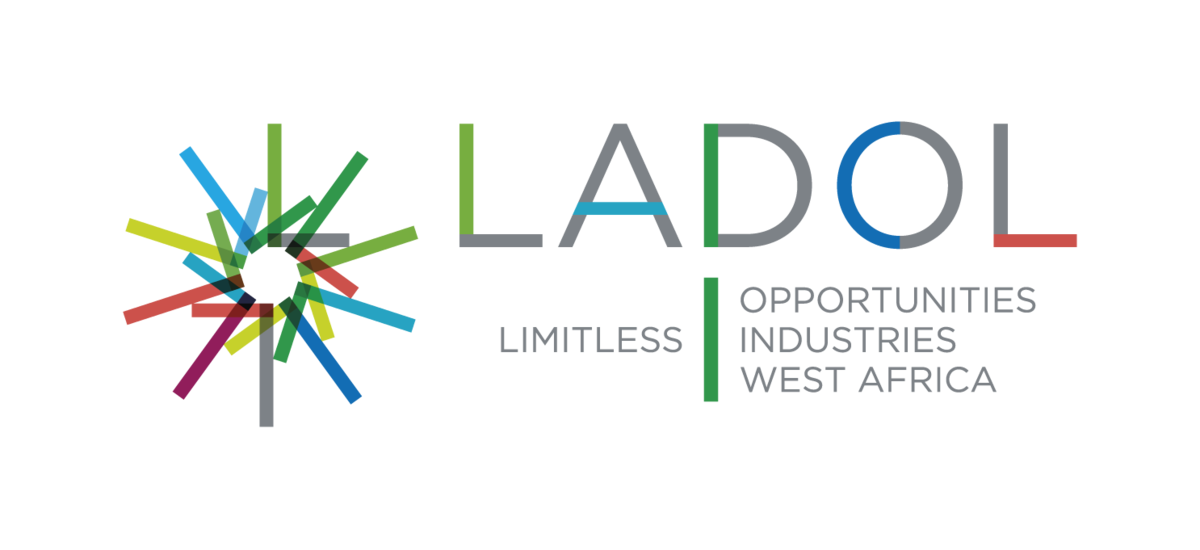Indigenous Lagos Deep Offshore Logistic Base, LADOL has once proven to be one of the top performing and compliant companies in Nigeria, as the company overcame the 2020 challenges and renewed its International Organization Standardization (ISO) 45001:2018, 14001:2015 and 9001 certifications.
In 2018, LADOL became the first company in West and North Africa to be 45001 and 14001 certified. The rapid adaptations, hard work, perseverance, and high compliance levels were given glowing reviews when the company was re-certified this year.
- Kaduna’s only, 56-year-old, textile coy sacks 300 staff
- Investment in ports infrastructure will boost FG GDP – Usman
These certifications reflect 20 years of continuous improvement and development by LADOL. The staff and management have long believed that embedding best practice and strong policies and procedures into the organisation’s DNA is one of the key ingredients for its success. Continuous improvement in its Management Systems for Quality, Occupational Health and Safety and Environment Management enables the organization to meet and beat international best practices.
ISO 9001 is a quality standard, ISO 45001:2018 is for Occupational Health and Safety, while 14001:2015 is for Environment Management Systems.
The framework for LADOL’s management system is very much driven by the United Nation’s 17 Sustainable Development Goals, which is reflected in all the goals, assessments, policies, and procedures of LADOL.
The Managing Director of LADOL, Dr. Amy Jadesimi was part of the audit close out meeting along with several members of the staff and management. Dr. Jadesimi’s closing statements included the following:
“I couldn’t be prouder to have the privilege of leading the LADOL team. 2020 has been a tough year, but throughout our staff have shown dedication and an impressive work ethic. We have all worked unbelievably hard, but even as the struggle continues we remain strong and undeterred because we know we have the knowledge, ability, and tools to keep pushing through and exceeding local and global expectations.
“The audit process is not a tick the box exercise for us, it is an opportunity to demonstrate and improve how we operate. Compliance to these global standards helped us build a rock solid foundation for LADOL. A foundation on which we continuously improve and build every day, every week, and every year for the past two decades and for many more decades to come – a big thank you to all our staff and stakeholders.”
LADOL’s Integrated Management System, IMS and the Assistant Coordinator of the LADOL ISO 9001:2015 project, Abiodun Ogunyemi Moses said:
“This shows LADOL’s commitment to the safety and health of her workers and all stakeholders including protection of our environment. Despite the challenges of 2020, LADOL has shown great professionalism in all areas, valuing life, and following best practices and international standards in carrying out her activities. This is also a proof to all our customers and intending customers that we are can be trusted to deliver value.”
LADOL is building the world’s first Sustainable Industrial Special Economic Zone (SSEZ). LADOL is using the UN’s Sustainable Development Goals (SDGs) to build a unique circular ecosystem, servicing a range of industries.
The Zone was developed out of a disused swamp and has been operational since 2006. Every year since then the infrastructure and facilities have grown and expanded.
The Zone now provides a 24/7 efficient, safe, and secured location from which local and international companies, in a range of sectors, can start operating immediately. In 2017 LADOL disrupted the local oil and gas market, halving the costs of local support, and creating thousands of local jobs.
LADOL is now focused on attracting and servicing a range of non-oil and gas companies, in sectors ranging from technology to agriculture.
The sectors identified will work together to create a circular economy within the Zone. West Africa is one of the largest under-served markets in the world with the fastest growing population.
Industrial companies working in LADOL can service this market sustainably and profitably, while creating tens of thousands of jobs. As the local market grows there will be higher demand for locally produced products, a larger skilled workforce, and cheaper domestic operating costs.
LADOL is becoming a blueprint for the sustainable industrialisation of Africa, turning Africa’s demographic dividend into a global wealth creation.

 Join Daily Trust WhatsApp Community For Quick Access To News and Happenings Around You.
Join Daily Trust WhatsApp Community For Quick Access To News and Happenings Around You.


